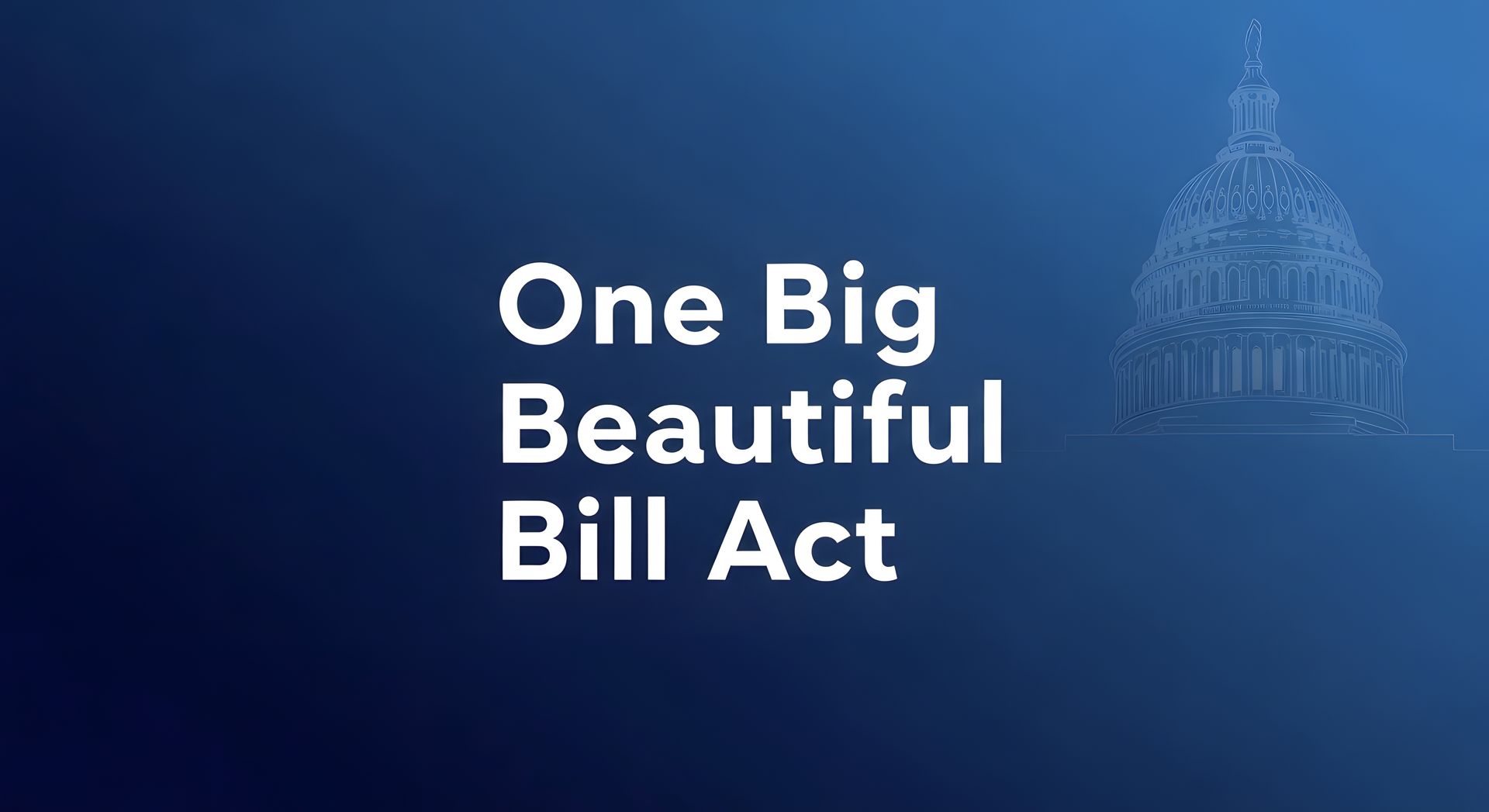IRS Sounds the Alarm on NICDS Trusts
A Warning from the IRS on Dubious Tax Claims
The IRS is stepping up its game against misinformation in the realm of tax planning. On August 9, 2023, the IRS issued a Chief Counsel Memorandum (CCM) – AM 2023-006 to warn taxpayers about misleading information regarding NICDS trusts – non-grantor, irrevocable, complex, discretionary, spendthrift trusts.
What are NICDS Trusts?
NICDS trusts, by their inherent nature, are intricate instruments. The nomenclature alone — non-grantor, irrevocable, complex, discretionary, spendthrift — speaks to the level of complexity involved. Such trusts have been traditionally used as part of estate planning strategies, with the aim to provide, among other things, tax efficiencies and protection from creditors.
The Proliferation of Misinformation
In recent times, however, the IRS has grown concerned about the manner in which information about these trusts is being disseminated. A significant number of professionals, including attorneys, accountants, enrolled agents, as well as unlicensed tax advisors, are actively promoting these trusts on social media. But rather than offer clear, factual guidance, many are making dubious claims about the tax and creditor protection benefits of these trusts.
The IRS, in its memorandum, is of the opinion that many of these professionals "mistakenly" interpret the rules governing these trusts. This is alarming, as such misinformation not only jeopardizes the financial well-being of individuals who set up these trusts based on false pretenses but also puts at risk those professionals who may be inadvertently providing inaccurate advice.
What Does This Mean for Taxpayers and Professionals?
Taxpayers should exercise caution. Just because information is readily available on social media doesn't make it accurate. If you're considering establishing a NICDS trust, or any trust for that matter, ensure you're receiving advice from a reputable source with a deep understanding of the current tax laws and regulations.
Professionals, on the other hand, need to be diligent in their research and interpretations. Misleading clients, even unintentionally, can have significant legal repercussions.
Audit Recommendation: A Call to Scrutiny
The IRS/CCM's recommendation to audit these trusts is a testament to the severity with which the agency views this issue. An audit means thorough scrutiny of the structure, funding, and operations of the trusts to ensure compliance with tax laws.
This is a clear signal to both taxpayers and professionals that the IRS is serious about curbing the dissemination of false information and ensuring that the rules related to NICDS trusts are properly adhered to.
In Conclusion
In this era of easy access to information, the challenge isn’t finding advice, but rather sifting through it to determine its validity. Taxpayers and professionals alike must prioritize accurate, fact-based guidance when navigating the intricate world of tax planning and trusts. The recent memorandum from the IRS serves as a stark reminder that when it comes to financial planning, cutting corners or relying on dubious sources can lead to unwelcome consequences.













